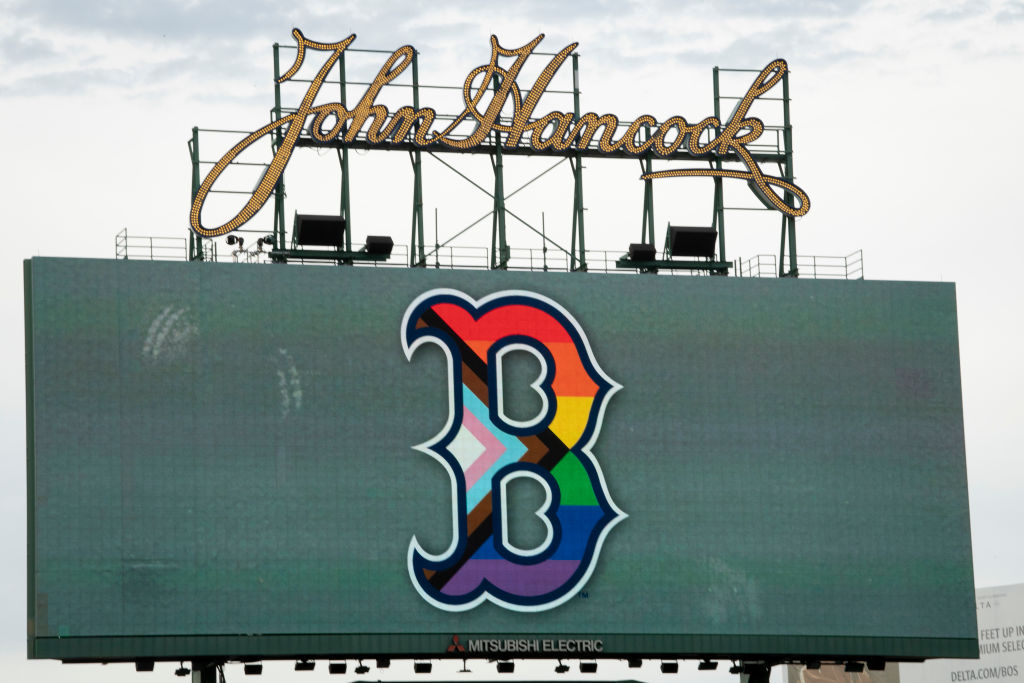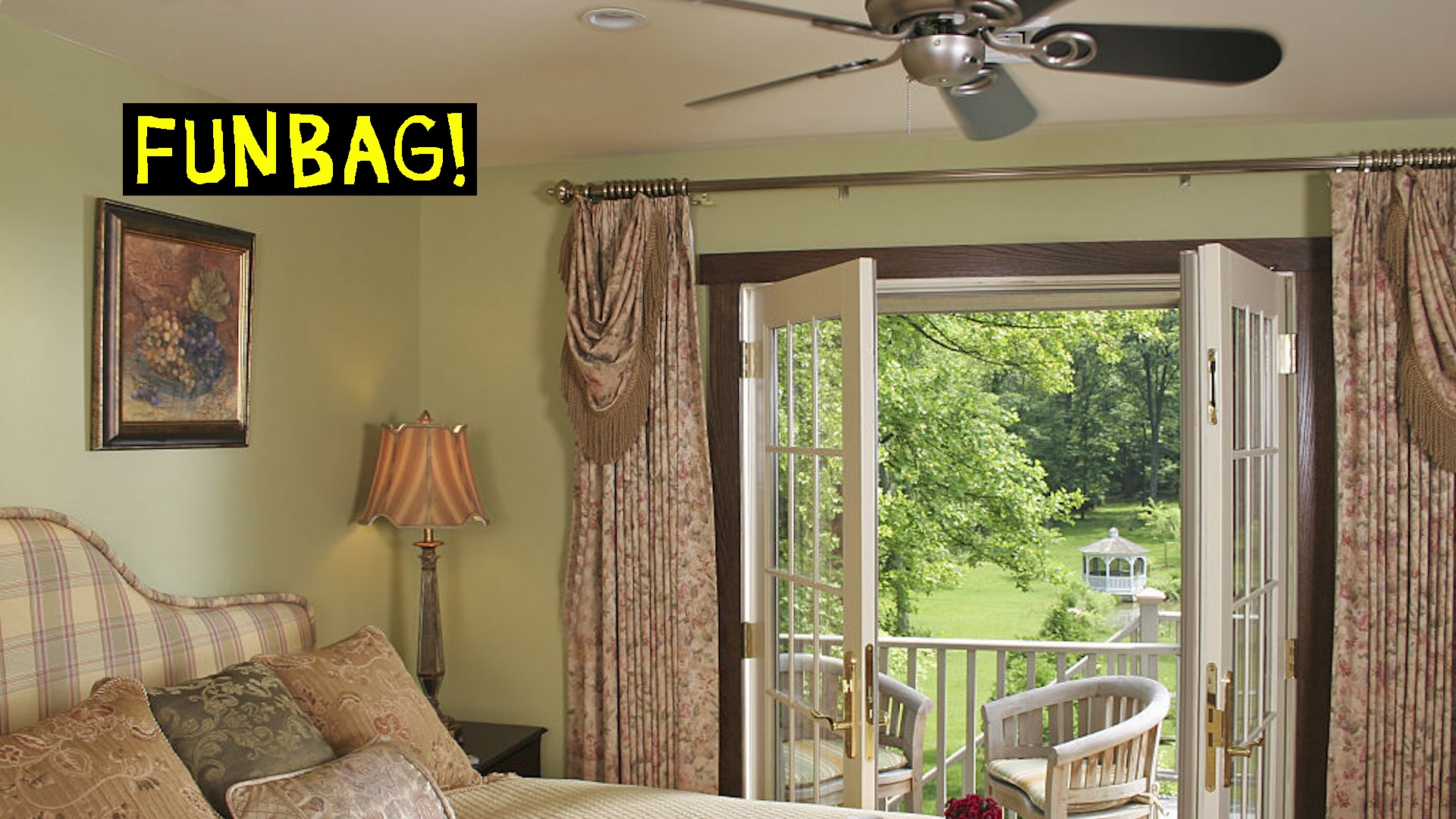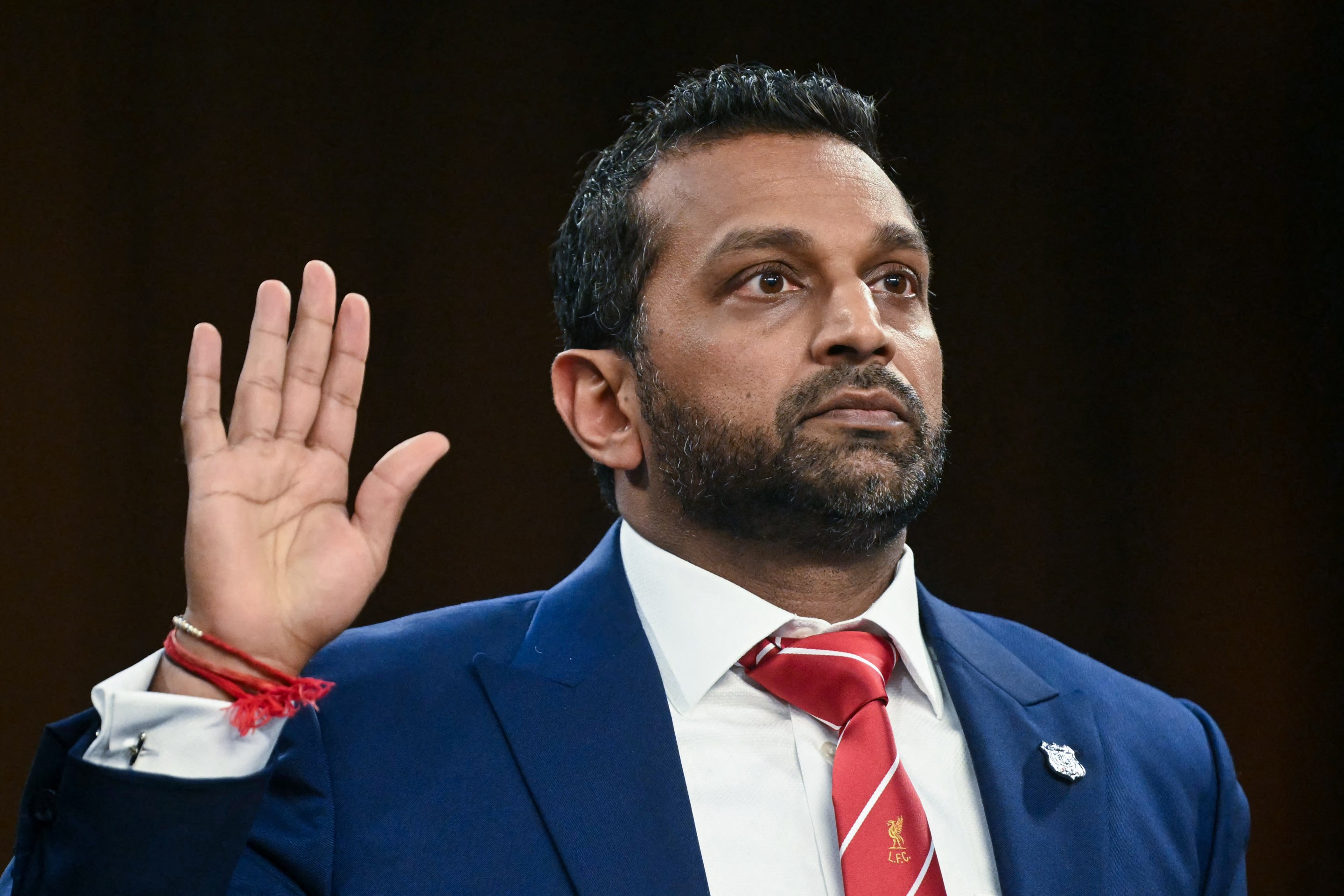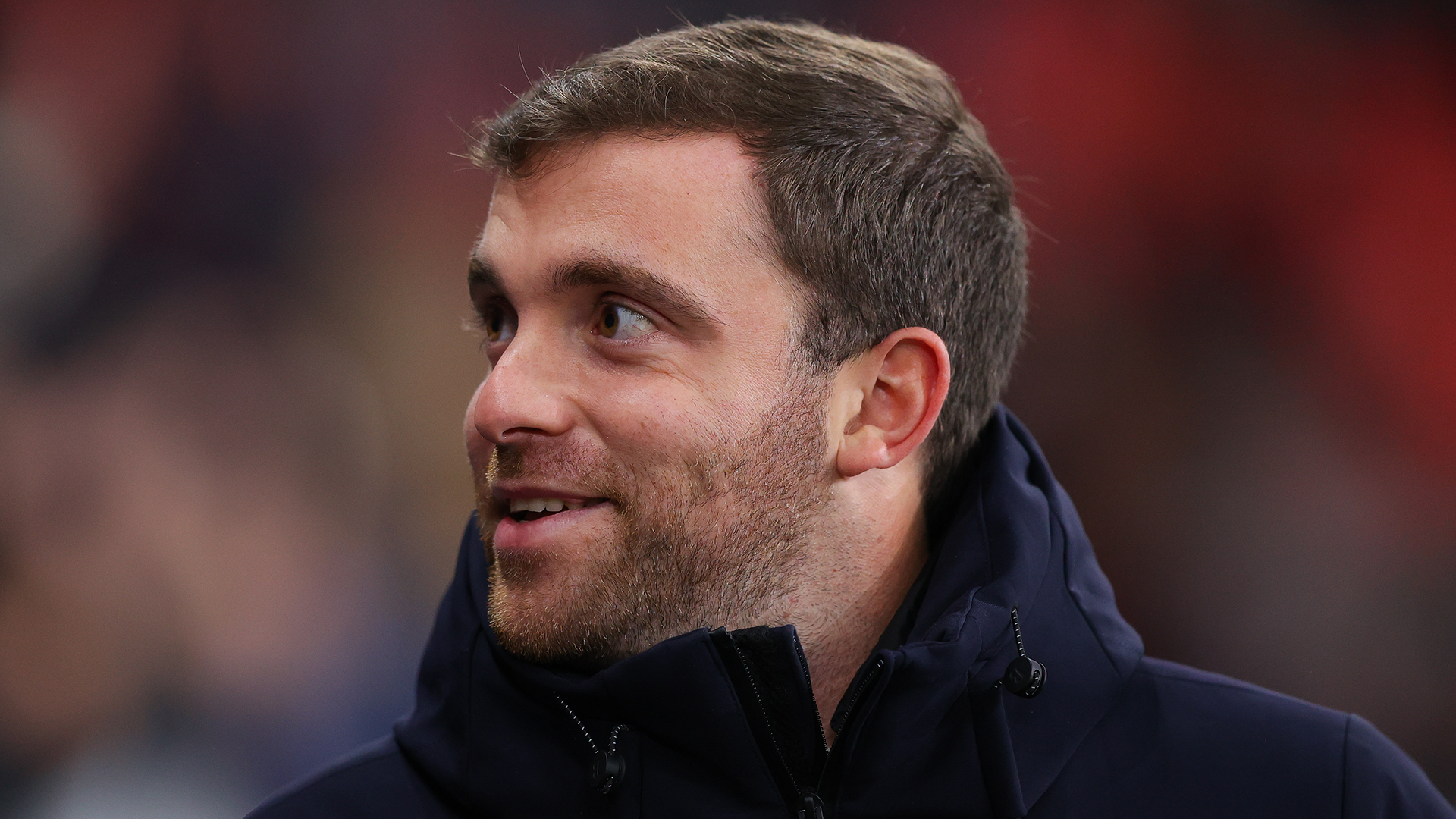With the exception of the Texas Rangers, every MLB team is planning to run a Pride Night promotion at their ballpark this season. Since groups of queer fans started organizing big, unofficial community trips to games in the aughts, and clubs folded those events into their theme night schedule, the template for these franchise-approved, corporate-sponsored outreach efforts has become well-established. There’s a giveaway, like a hat or a fanny pack, with a rainbow on it. The national anthem singer is usually a nod to the gays, like a chorus group or a drag queen. The club’s charity efforts loop in a queer-focused community org. And maybe, maybe the music they play over the PA will be slightly less bad.
For the average gay baseball fan, who’s not going to be throwing out the first pitch or getting a big novelty check for their charity, the benefit of a present-day Pride Night is this: “If you usually go to a few games or less a year, this would be a good one to target, because you’re more likely to see other queer people, and maybe your friends who don’t like baseball could be convinced that it would be a fun time.” That’s not a bad pitch, and plenty have argued that baseball picking a game to pander to the gays like they do for the Irish and Latinos and cops and military is symbolic of a specific kind of capitalist equality. Queer people are allowed to be customers too.
If you expect Pride Night to be anything more than the giveaway and the anthem and whomever you bring with you, however, you're likely to be disappointed. I went to the Mets’ edition last year, and while it was a fun night, it was also very plausible that a straight person at the game (like the full row of nice-but-unnerving college jocks behind us) could have missed entirely that it was Pride Night. There was a bit of rainbow window dressing, but during the course of the nine innings themselves, there was nothing to acknowledge gays in attendance together besides Mark Canha endearingly changing his walk-up songs to icons like Madonna and Whitney. Compared to the joys of actual Pride weekend in New York City—the spontaneity, the familiarity, the solidarity, the energy that comes from the saturation of queerness across entire blocks—this was an insular affair more akin to a birthday dinner at a busy restaurant.
Since the dominant voice around MLB’s Pride events this year has been aggrieved bigots furious at the idea of ceding even a tiny bit of space to marginalized groups, the expectation that queer people are supposed to respond with a passionate defense of the thoroughly underwhelming gesture that is a typical Pride Night has left me a little cold. I like them. They remain a date for me to circle on the calendar as a fan who attends just a handful of games each season. But they feel like an inessential afterthought compared to events and spaces run by and for queer people.
There’s an idealized version of a Pride Night in my head: one night a year where a ballpark truly becomes a place where straightness is the exception and not the norm. It’s what I quietly, vainly hope for when I consider going to one of these games. I want to buy a ticket with a special trans discount and know that my section is going to be filled with other queer people. I want the regulars in the fanciest seats to donate their tickets to gay couples who have never been able to afford them. I want team advertising that tells people, in no uncertain terms, “Tonight is for the gays. Do not come to this game if you are not willing to be part of it.” I want the femmes to be able to walk in with gigantic, unrestricted purses. (Looking at you, Detroit.) I want music that reflects what we listen to. I want strikingly different uniforms, so the straight people watching on TV can’t ignore what’s happening. I want Nick Castellanos to keep his jersey unbuttoned. I want the PA announcer reading horoscopes during breaks in the action. I want a heckler to shout "Conflict is not abuse!" at the ump when a manager gets tossed for arguing a call. I want Citi Bank to shut the fuck up about how they accept everyone's money. I want genderless bathrooms with flattering lights. I want "Somewhere Over The Rainbow" instead of "God Bless America." I want the ushers who stop people from moving seats to take the night off. I want the beer sellers wandering the stands to carry poppers, too. I want everyone who’s ever been made to feel uncomfortable at a baseball game to know that it won't happen at this one. And I want fireworks at the end, not because I'm gay but because I love fireworks.
Is this realistic? Not at the moment. But it's not enough to defend the paltry status quo Pride Nights. It’s more important to fight for a better world than it is to just anxiously protect the table scraps we're currently thrown. What we want is so much more than what the bigots are trying to take away. And sports can be part of that. Sports is where people come together. Reshaping what a large mainstream gathering looks and feels like—who the average person is in a crowd of 30,000—would have effects that resonate beyond the ballpark. A baseball game for queer people and only for queer people would expand the possibilities of what, and who, baseball can stand for. And baseball, its leaders so often tell us, is pretty much the same thing as America.






